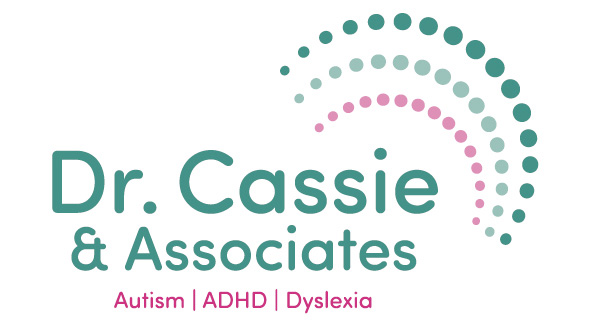ADHD can present very differently in children and young people and the ‘hyperactivity’ is not always visible. Inattention in children and young people is frequently missed by teachers and young people may be seen as unmotivated or disinterested.
What signs might I see in my child/teenager?
- Seems to lose focus very quickly and is easily distractible
- Flits between activities
- Struggles to initiate tasks, procrastinates
- Fidgets or squirms, seems to be always ‘on the go’
- Forgetful in daily activities
- Poor organisation, they may frequently lose things or have ‘time blindness’
- May appear impatient or have trouble waiting their turn
- Slow progress or other difficulties at school eg processing information
- Your young person may seem very unmotivated and ‘lazy’ but appears exhausted and struggles to complete tasks, get started with revision etc
- Behavioural difficulties, frequent verbal or physical outbursts
- Sleep problems, particularly in settling to sleep
- Tics or other involuntary movements
Should I get my child assessed?
Reasons why your child might need an assessment:
- Concern about worsening self esteem – child seeing themselves as ‘stupid’ or seemingly giving up as not succeeding/being told off a lot.
- Behavioural problems at home and/or at school.
- Concerns about slow academic progress at school.
- Difficulties managing social relationships.
- Showing signs of anxiety about attending school or school avoidance.
- Family functioning is being significantly impacted by behaviours at home.
What does an assessment involve?
A joint multidisciplinary assessment (fully NICE guideline compliant) with a paediatrician or child psychiatrist and a clinical psychologist (unless you have already seen an educational psychologist prior to coming to us and then the cognitive assessment may not be required)
Before the assessment:
- We will ask you and your child’s school (and your teenager if they are over 12), to complete questionnaires.
- The clinical team will review any relevant reports you provide from professionals that have seen your child eg speech therapist, educational psychologist etc.
During the assessment:
This will be approximately 3 hours face to face in our Wallingford clinic:
- There will be a computer-based ‘QB Check’ assessment lasting 15-20 minutes
- One of our psychologists will guide your child through a cognitive assessment lasting approximately 1 hour.
- Observation of your child’s behaviour and a full history taken from you about your child’s health, development and current concerns
- Growth assessment and physical examination of your child where applicable
- Detailed verbal feedback is given on the day (usually to parents first) with the results of the assessment and a clear follow up plan, with advice about medication that may be appropriate for your child.
- If desired a medication plan can be set up after a full discussion regarding the risks and benefits.
After the assessment:
- You will receive an initial summary report and then a more comprehensive report with a detailed explanation of the results, and a list of recommendations and resources for managing ADHD that may help to support you and your child.
- Our reports provide very detailed information that can help facilitate additional school support or an application for an EHCP. Our reports are accepted by local authorities, NHS services (eg CAMHS pathways) and we offer a shared care arrangement with local GPs (subject to individual practice agreement)
- Specialist follow up appointments for your child if medication is commenced to target specific ADHD symptoms.

